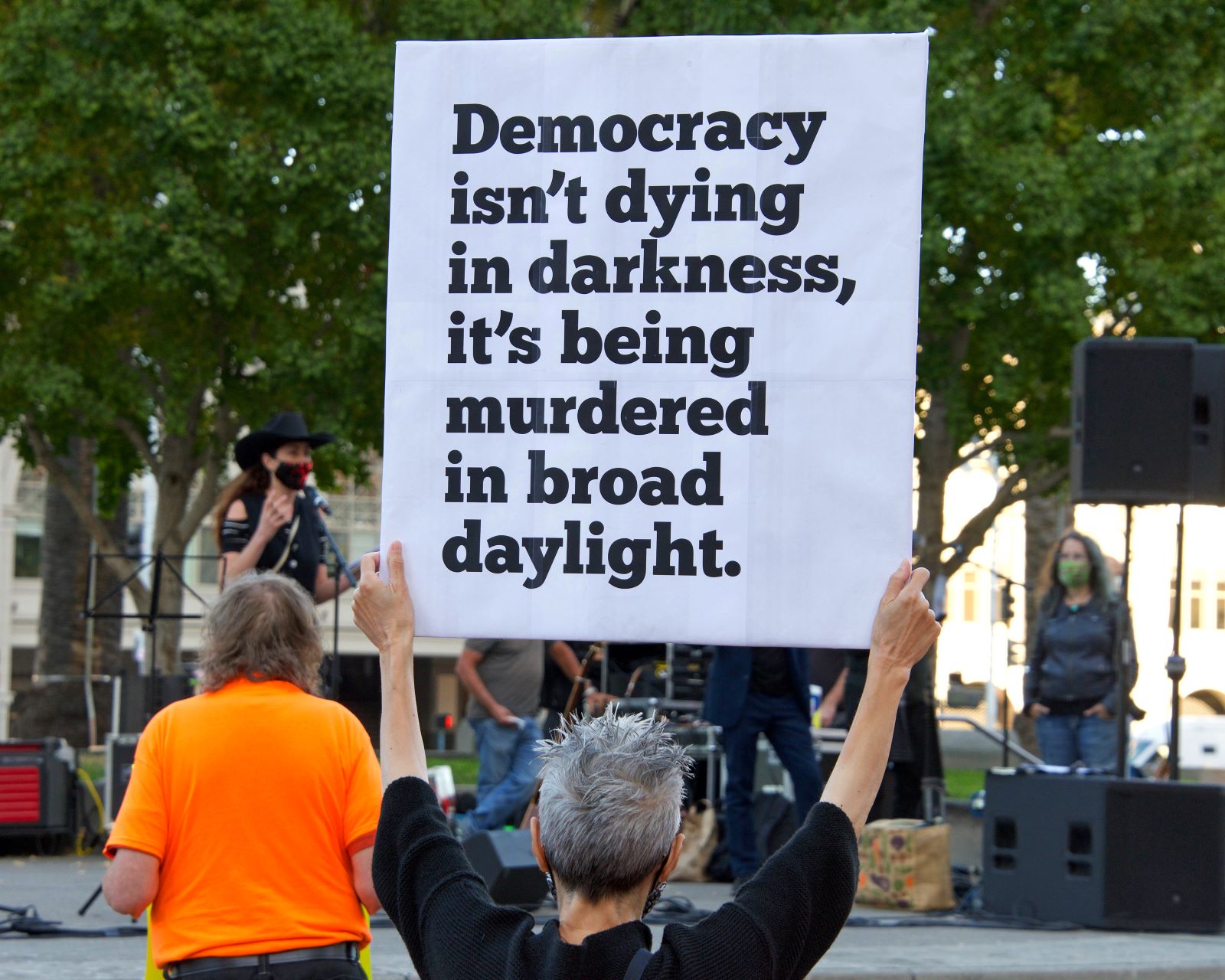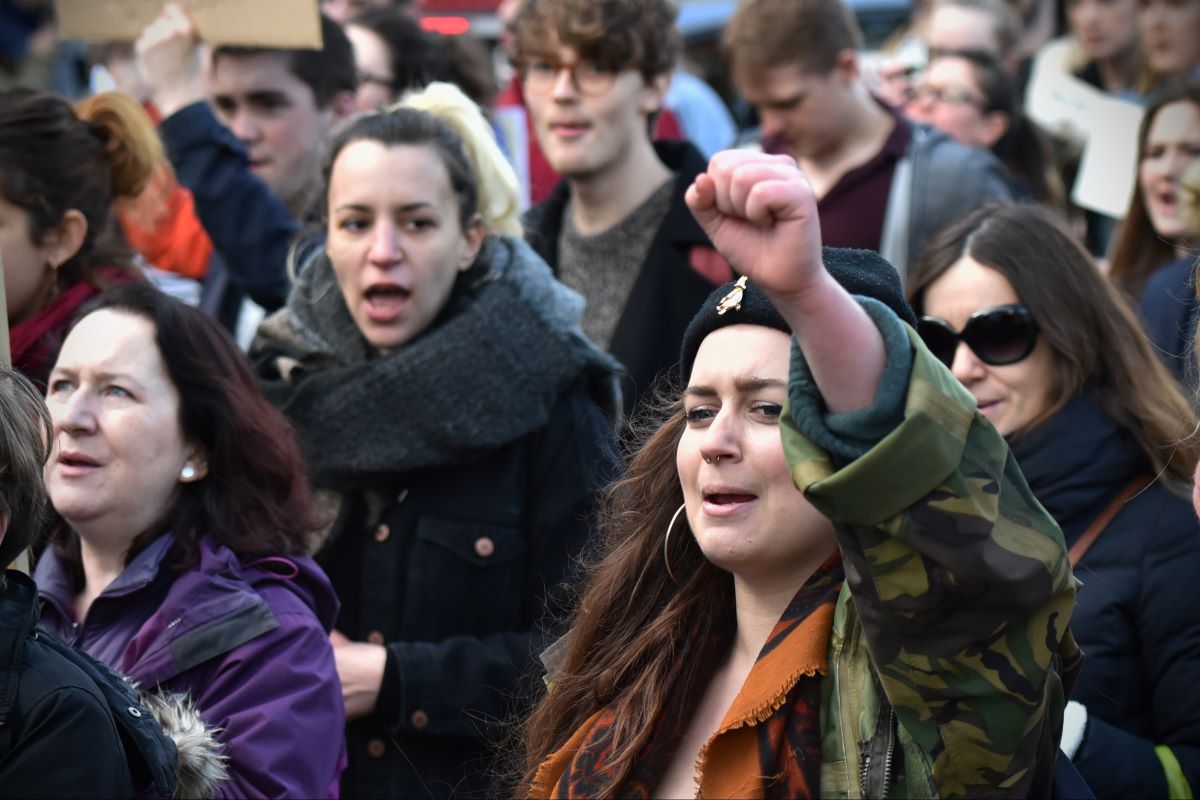In a city famed for its steep hills and steeper rents, Airbnb hosts are finding the new short-term rental regulations particularly tough to navigate. What does this mean for the average Joe or Jane trying to make a buck from their spare room?
San Francisco’s Regulatory Reckoning

From New York to California, cities are tightening the reins on short-term rentals, but San Francisco’s approach has been particularly severe. New license requirements and occupancy caps are reshaping the market, leaving many hosts out in the cold. According to AirDNA, listings in the city have plummeted by 19% compared to pre-pandemic levels.
Hosts Caught in a Bind

“It’s not fair, and there has to be a happy medium,” laments Lisa Cameron, a long-time Airbnb host from nearby Santa Rosa, hit with a $500 fine under the new rules. Many hosts echo her sentiment, finding the sudden regulatory changes both harsh and disorienting.
The Financial Squeeze

For hosts like Cameron, the new regulations are more than just a nuisance—they’re a financial disaster. From a steady income of $5,500 a month to an abrupt zero, the impact of these restrictions reaches far beyond the confines of individual homes, affecting broader economic contributions and personal livelihoods.
A National Ripple Effect

San Francisco’s crackdown is part of a broader national trend that’s reshaping the short-term rental landscape. In cities with strict regulations like Boston and New York, listings have fallen dramatically—39% and 19%, respectively. This suggests a significant shift in how cities manage and perceive short-term rentals.
Hosts Pivot to Long-term

With the legal landscape shifting, many hosts are adapting by switching to longer-term rentals. While this reduces the risk of fines and legal entanglements, it also cuts deeply into potential earnings. Kazmin Thibault from Burlington, Vermont, reports her income halved as she transitioned to longer-term leases.
Medium-Term Rentals on the Rise

Interestingly, while short-term bookings suffer, Airbnb reports a 19% increase in listings worldwide, with a notable surge in medium-term stays. These stays, ranging from a month to a year, are now Airbnb’s fastest-growing category, signaling a shift in both host strategy and traveler preference.
Hosts Versus City Hall

The battle isn’t just economic; it’s legal too. Hosts across the country, including in San Francisco, are challenging these new rules in court. They argue that such regulations not only infringe on their economic rights but also involve navigating complex, often opaque bureaucratic processes.
The Unseen Victims

The crackdown on Airbnb doesn’t just affect hosts. The broader implications ripple through the local economy—reducing tourist spending, impacting small businesses, and altering the social fabric of neighborhoods traditionally bolstered by short-term rentals.
Housing vs. Hospitality

Cities like San Francisco justify strict regulations with concerns over housing availability and neighborhood stability. However, this creates a tension between preserving residential spaces and supporting a vibrant tourism sector, which has historically benefited from platforms like Airbnb.
Redefining Travel Accommodations

As regulations tighten, consumer preferences are also shifting. Travelers increasingly opt for safer, more regulated accommodations, potentially sidelining traditional vacation rentals for more secure, albeit often more expensive, alternatives.
What’s Next?

The future of short-term rentals in San Francisco and beyond may hinge on innovative responses to these regulatory challenges. From blockchain verification systems to enhanced guest screening, the potential for technological solutions to address both regulatory compliance and market demands is vast.
San Francisco Sets the Trend

San Francisco’s policies could set a precedent for other global cities grappling with similar issues. How the city navigates the fine line between regulation and innovation could serve as a blueprint—or a cautionary tale—for others.
The Community’s Voice

While some residents applaud the crackdown for bringing peace back to their neighborhoods, others see it as an overreach that stifles economic opportunity. This division suggests that finding a “happy medium,” as host Lisa Cameron suggests, will be crucial.
The Future of Short-Term Rentals

Will San Francisco’s strict regulations lead to a healthier balance between residents’ needs and the economic benefits of tourism, or will they choke a vital source of income for many city dwellers? Only time will tell, but the city’s current trajectory suggests significant changes are on the horizon.
Millennials Are Over It: 25 Reasons Woke Culture Is Losing Its Charm

Has the push for progress tipped too far into preachiness? Here’s why many Millennials might think so. Millennials Are Over It: 25 Reasons Woke Culture Is Losing Its Charm
Is It Time Boomers Paid the Price for America’s Economic Inequality?

The American Dream feels more elusive than ever, especially for younger generations. What was once achievable through hard work now faces significant hurdles, from skyrocketing college costs to the challenging pursuit of homeownership. Here’s a look at why it’s tougher for Millennials and Gen Z compared to Baby Boomers. Is It Time Boomers Paid the Price for America’s Economic Inequality?
Rent Crash in California: Landlords Scramble as Prices Take a Hit

California’s rental market is taking a nosedive, with major cities seeing huge drops in rent prices. Rent Crash in California: Landlords Scramble as Prices Take a Hit
Featured Image Credit: Shutterstock / f11photo.
The content of this article is for informational purposes only and does not constitute or replace professional advice.
The images used are for illustrative purposes only and may not represent the actual people or places mentioned in the article.





Leave a Reply